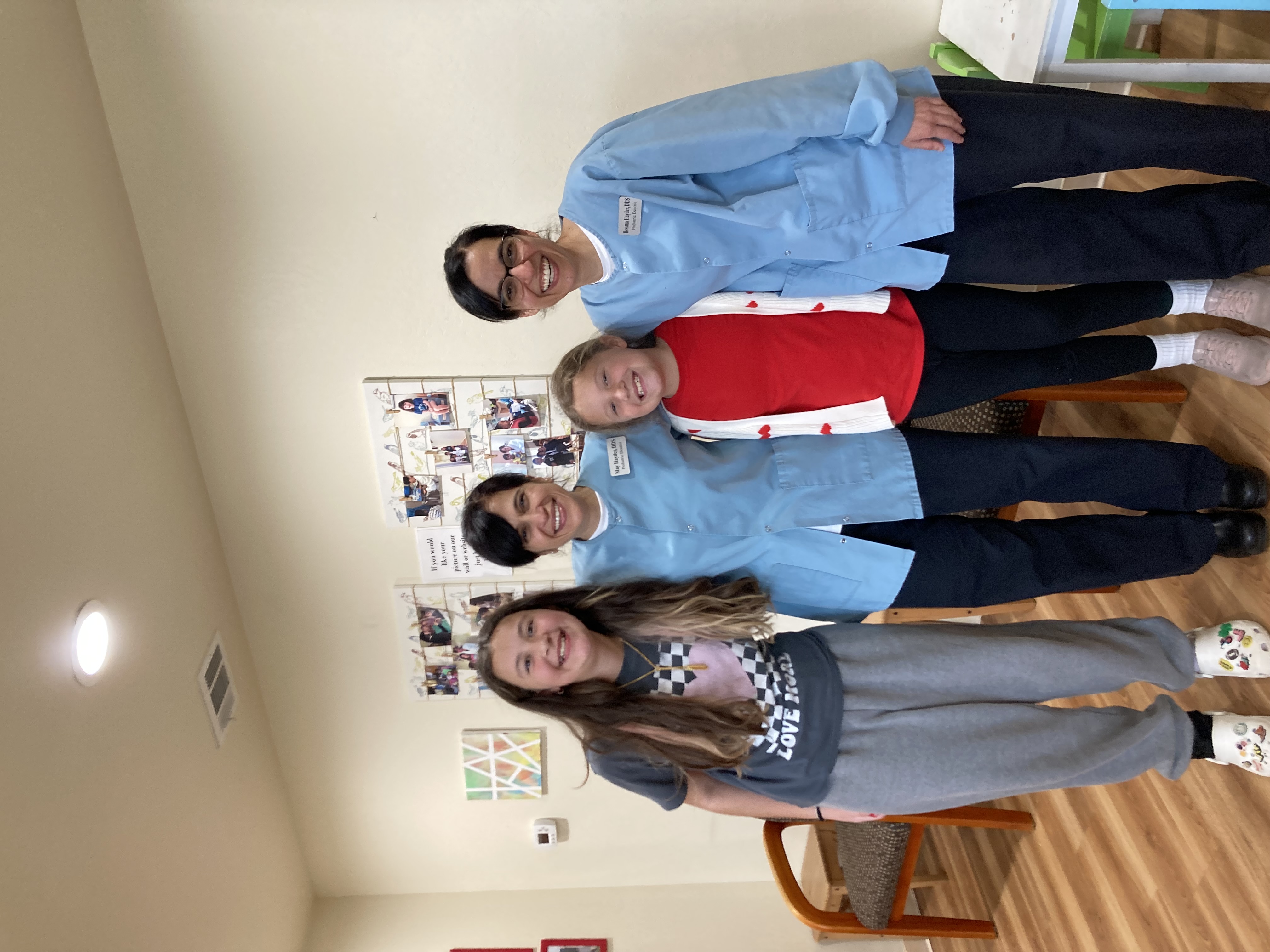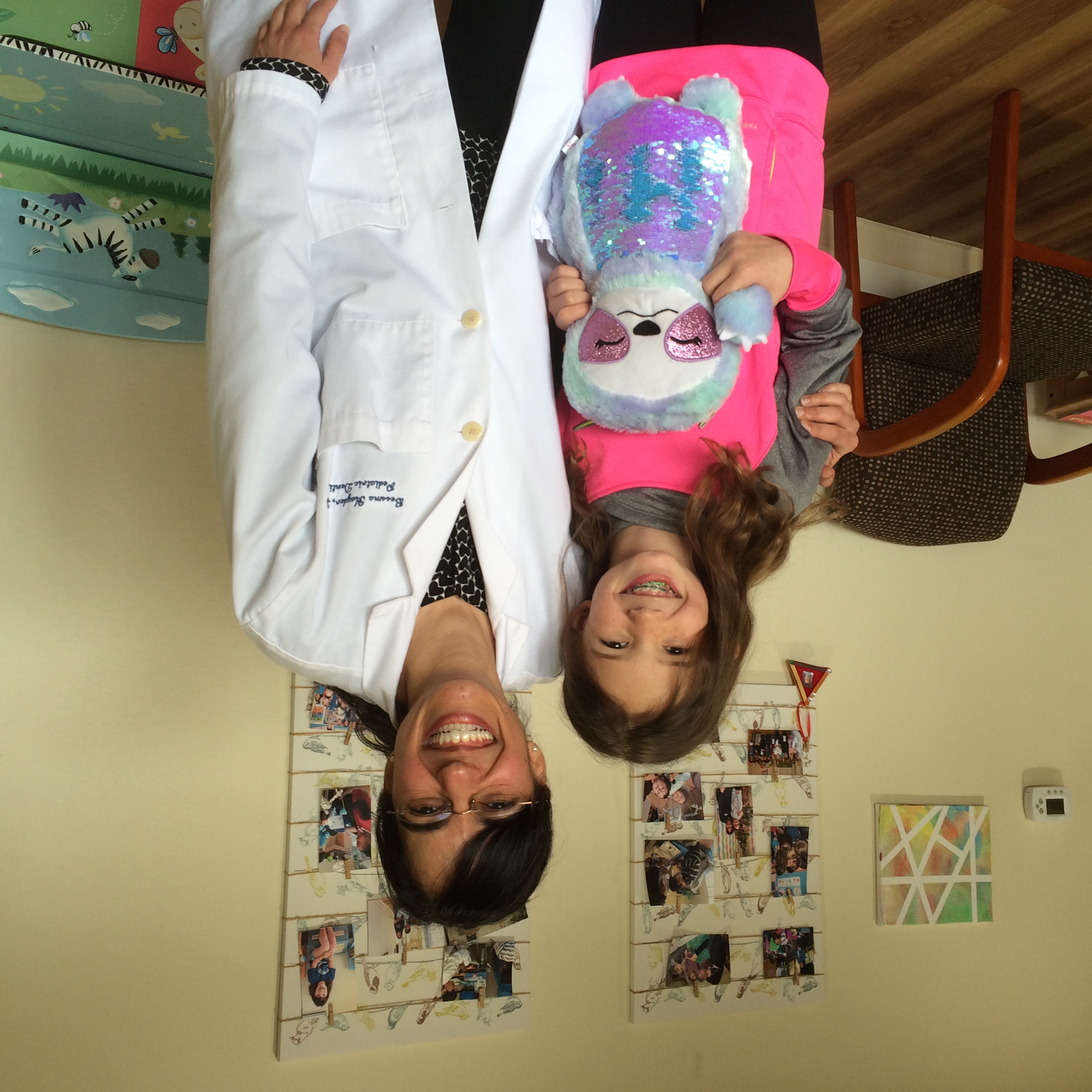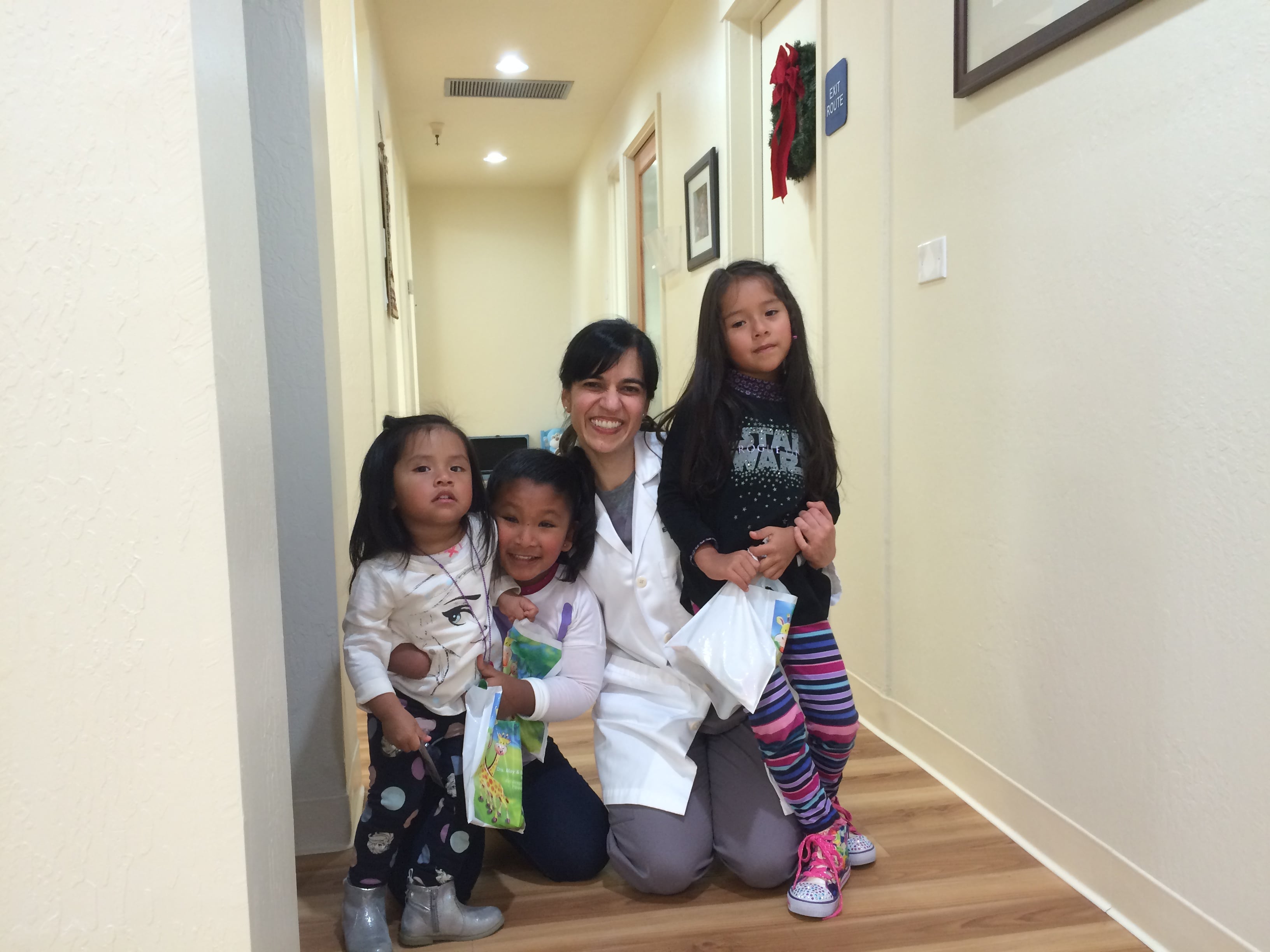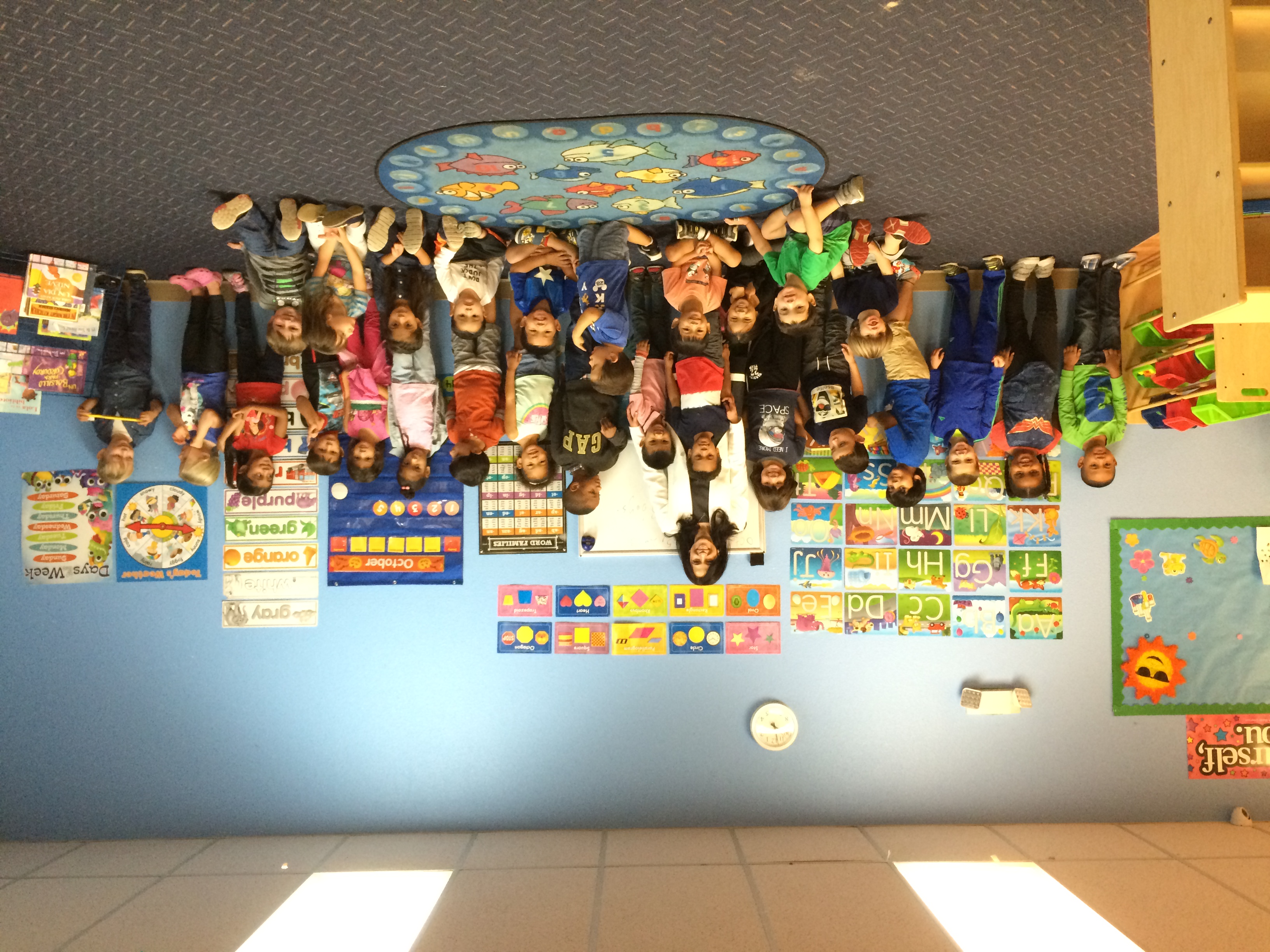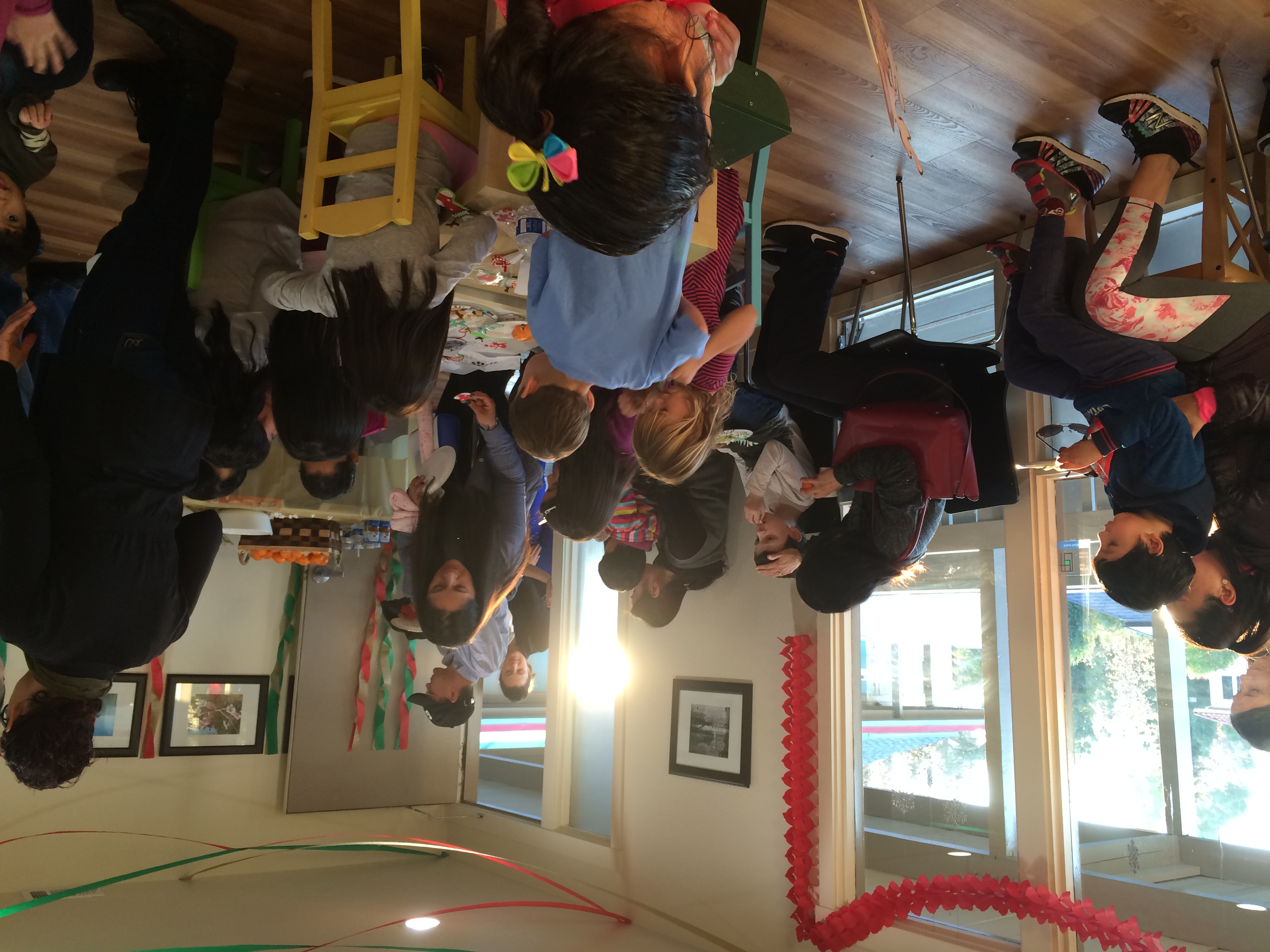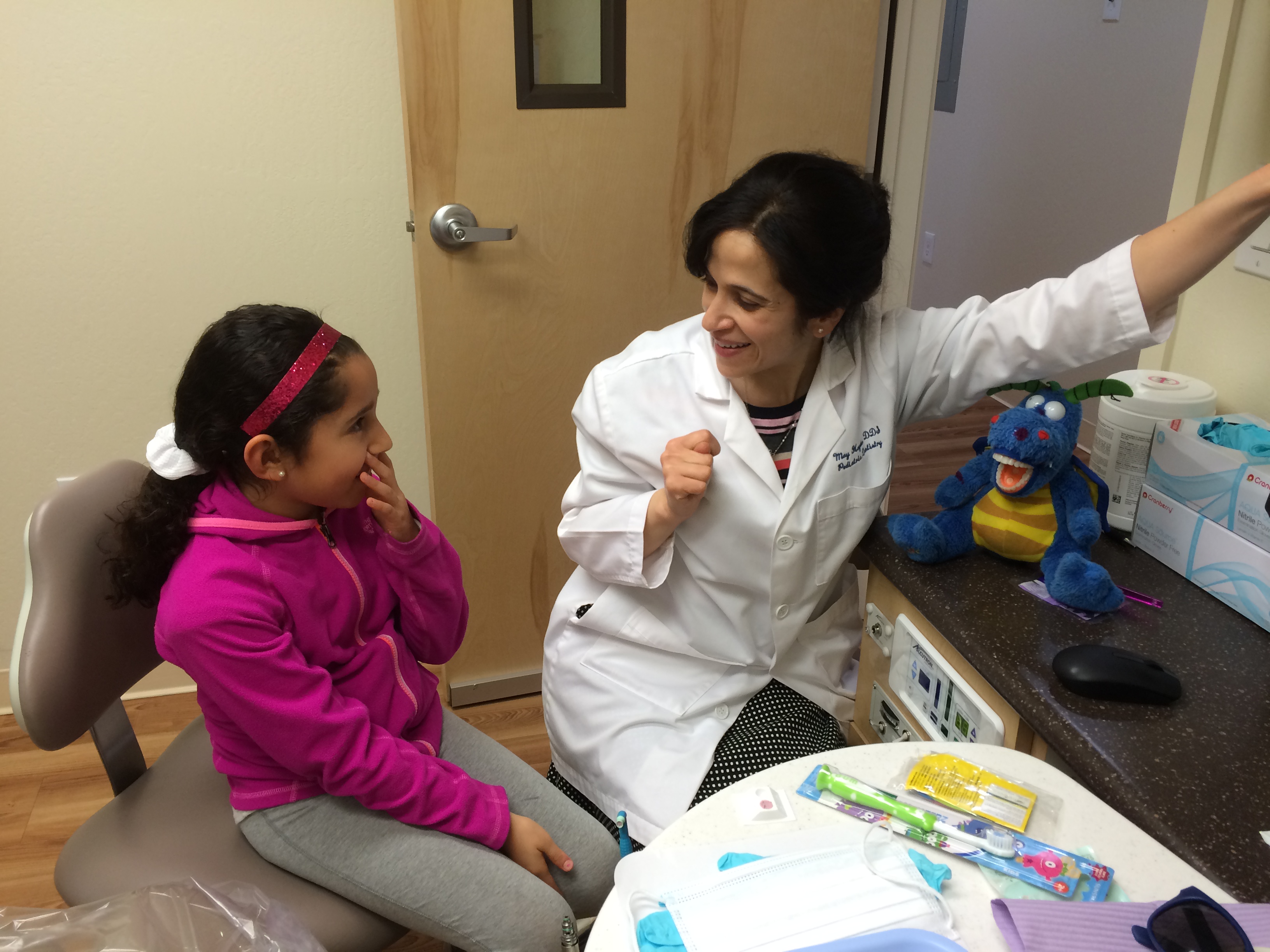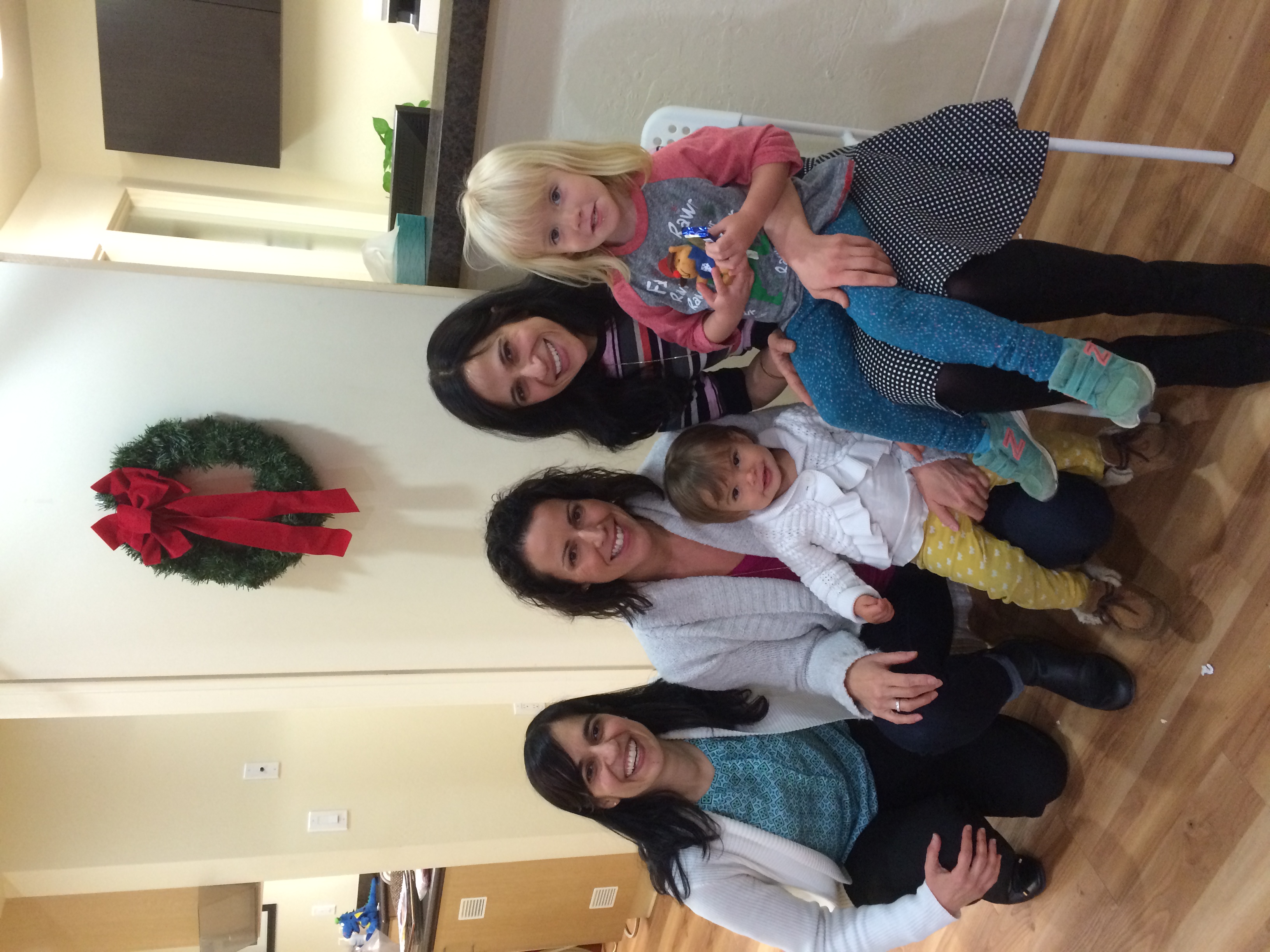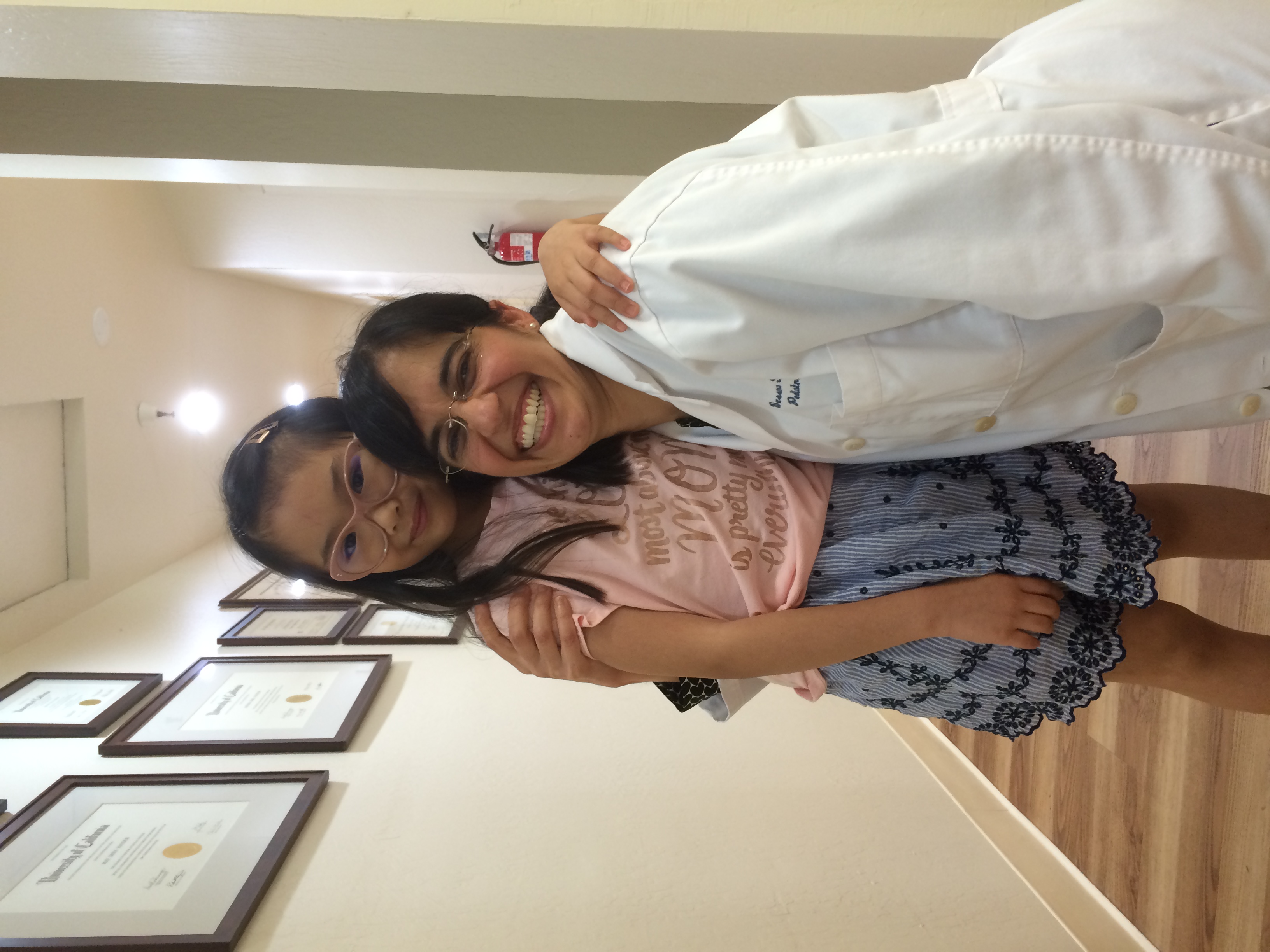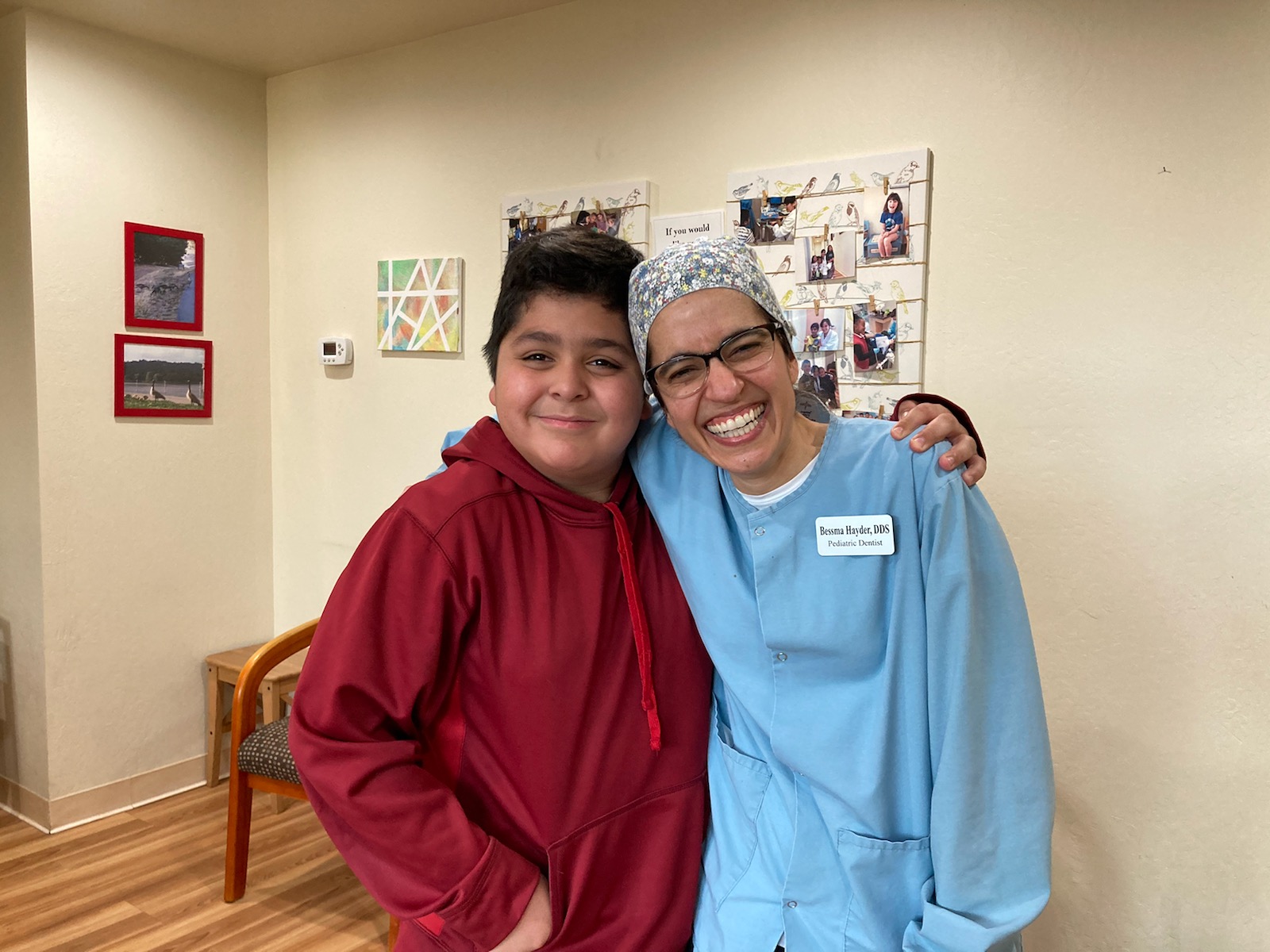| |
| |
Who We Are
Welcome to our practice! Drs. Hayder are sister dentists, specializing in pediatric dentistry, caring for infants, children, and adolescents, including those with special needs. Both Drs. Hayder earned their bachelor's degrees at UC Berkeley and their dental degrees at UC San Francisco. They are both Diplomates of the American Board of Pediatric Dentistry, having completed two additional years of training with a focus on pediatrics after dental school, and passed a rigorous examination process to earn their status as Board-certified specialists. To maintain this status, they undergo additional training and recertification on a yearly basis. They have dedicated their careers to caring for your children as if they were members of their own family.
| |
What Sets Us Apart
We are a small, family-run practice, serving Pleasant Hill and its surrounding communities since 2011. We take the time to get to know our patients and their families, delivering personalized care specifically tailored to the needs of each child. Our services and treatments are endorsed by the American Dental Association, and our recommendations are based on the guidelines of the American Academy of Pediatric Dentistry. While we rely on the latest technology and most up-to-date information to deliver care at the highest standard, we pride ourselves most on our personal touch and the relationships we have formed with children and their families over the years.
| |
| |
| |


